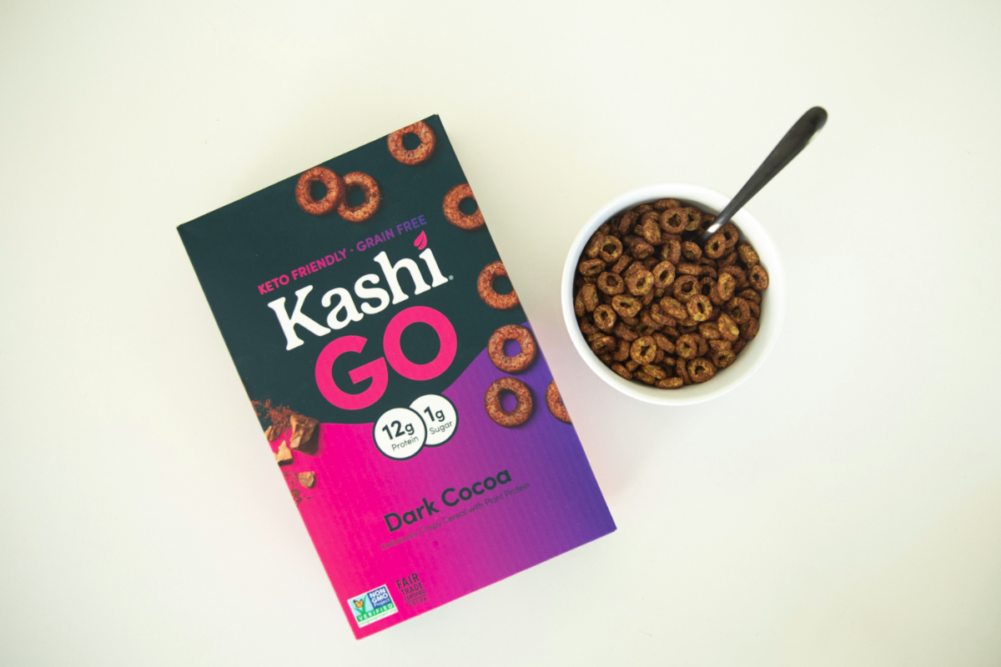BATTLE CREEK, MICHIGAN, US – The Kellogg Co. has collaborated with over 440,000 farmers in 29 countries through the Kellogg’s Origins program, a global initiative to promote climate, social and financial resiliency. The program includes partnerships to help communities restore agricultural ecosystems in regions where Kellogg sources by using nature-based systems to boost farm productivity.
“Our focus is on helping farmers implement meaningful solutions that deliver tangible benefits to people and planet,” said Amy Senter, chief sustainability officer for Battle Creek-based Kellogg. “Farmers are stewards of the earth, and, by supporting their efforts, we can help make practices that restore ecosystems the norm.”
While a Kashi certified transitional program operates in the United States, other Kellogg partnerships exist in countries like Spain, Australia and Mexico.
Kashi, a Kellogg subsidiary, in 2015 began partnering with farmers growing wheat, corn, rice, sorghum, dates and almonds to help them transition to organic farming from conventional farming. Kashi provided financial compensation and used transitional grains in products, including Kashi Dark Cocoa Karma cereal. Kashi has paid more than $4 million in premiums to US farmers and helped to convert 10,000 acres of farmland to organic.
In the Origins Spain project, 68 farmers managing over 12,000 acres partner with Kellogg and the Institute of Agrifood Research and Technology to address challenges with soil salinity and crop pests in rice. The rice grown in Spain’s Valencia and Delta Del Ebro regions goes into Kellogg’s Special K cereal and other foods in Europe. By 2018, farmers reported an average 15% increase in production and an average profitability increase of €285 per hectare (2.47 acres).
The Cool Soil Initiative in Australia is a partnership between Kellogg, Mars Petcare, Manildra Group, Allied Pinnacle, Sustainable Food Lab and researchers at Charles Sturt University and Food Agility. It is designed to help 200 Australian wheat farmers to adopt soil health practices, including cover crops and crop rotation. More than 30,000 acres are enrolled.
In Mexico, Kellogg in 2016 began partnering with the International Maize and Wheat Improvement Center and suppliers to establish a sourcing program that helps farmers in Sinaloa and Guanajuato produce yellow maize for Kellogg products. The partnership exceeded its 2020 goal of reaching 200 farmers who now are producing yellow maize. The farmers have improved their farm profitability by 36%.






